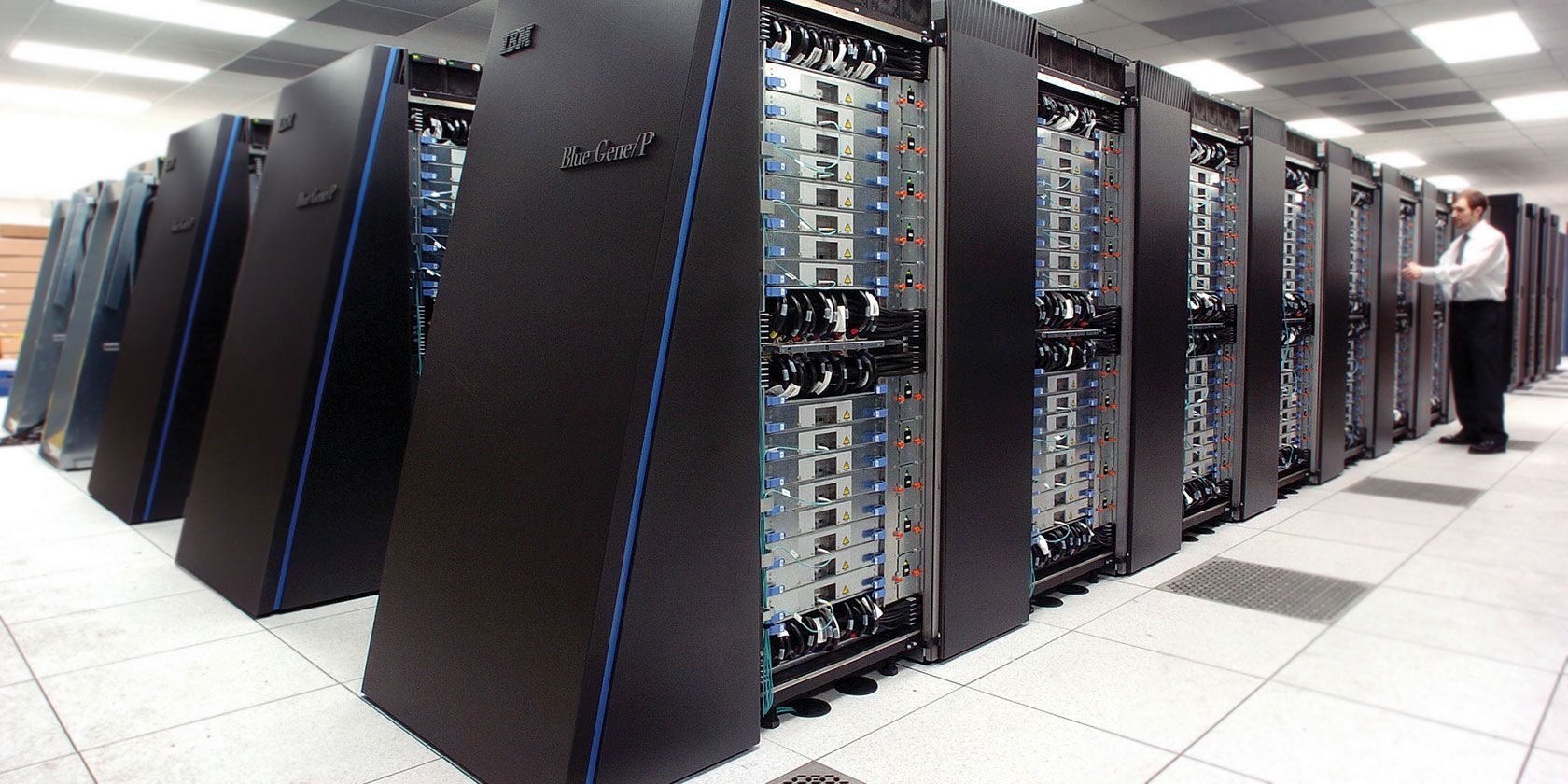It's easy to forget how fast technology grows. Just a little over 50 years ago, man first set foot on the moon using tech that was laughably weak by today's standards. In fact, your phone is already millions of times more powerful than all of NASA's combined computing power used for the Apollo 11 mission in 1969.
Things have changed so fast that now we have supercomputers that help us understand the world, organize data, and work faster than ever before. Let's learn what supercomputers are, why they are a big deal, and what they are used for.
What Is a Supercomputer?
A supercomputer performs the same function of storing and processing data as a regular personal computer, but at a scale so big it's hard to imagine. Inside a supercomputer are several clusters of processing units that help perform operations a million times faster than your average laptop or desktop PC.
While older computers were measured in IPS (instructions per second), supercomputers are measured in FLOPS (floating point operations per second). The higher this number, the more powerful a supercomputer is.
At the time of writing, the world's fastest supercomputer is Frontier, developed by Hewlett Packard Enterprise, located in Tennessee, United States. The supercomputer cost a whopping $600 million, and each of its 74 cabinets weighs 8,000 pounds.
In 2022, it dethroned Japanese supercomputer Fugaku, which previously held the title. Frontier is the world's first exascale supercomputer, which means it can calculate one quintillion floating point calculations (also called exaflops or EFLOPS) per second.
For reference, Apple's most powerful M1 Ultra chip clocks a speed of about 21 teraflops or TFLOPS (one trillion FLOPS). And while that's impressive, you'll be surprised to know the Earth Simulator supercomputer by Japanese tech giant NEC Corporation was already hitting speeds of about 36 teraflops back in 2002!
What Is a Supercomputer Used For?
We've established that supercomputers are really fast, but what do they actually do? What real-world benefit do they offer? Well, supercomputers can be used in any field that requires the processing of large amounts of data. Here are some examples:
1. Weather Forecasting
Perhaps the simplest application of supercomputers is to improve the accuracy of weather forecasts. By collecting and processing more weather data and considering the accuracy of past predictions, supercomputers help us predict the weather more accurately and quickly.
As a byproduct, supercomputers can also help us understand the effects of climate change and figure out ways to slow it down. We know Microsoft is building a supercomputer for the same purpose with a billion-pound investment from the UK government.
2. Running Simulations
Running simulations is a great way to predict the outcome of an activity without actually doing it. For instance, running simulations of aircraft help understand atmospheric drag and create more aerodynamic designs. This helps make airplanes safer and more fuel-efficient.
Another example is running simulations of nuclear tests and conducting experiments and demonstrations for military use. The tests that can be done in a simulation would otherwise have to be done with real equipment that costs many times more.
3. Scientific Research
Scientists usually work with large bodies of data, and supercomputers make the job easier by delivering results faster. In 2020, amid the COVID-19 pandemic, IBM's supercomputer Summit helped fight the virus by allowing researchers to "run very large numbers of calculations in epidemiology, bioinformatics, and molecular modeling."
Supercomputers are also useful to NASA scientists for "simulating the movements of air masses and water around the planet to study Earth's climate, hunting for exoplanets, studying the behavior of black holes, or designing aeronautic or aerospace vehicles."
A Supercomputer In Your Pocket
You might be aware of the famous Moore's Law. It says that computers double in speed every two years, resulting in exponential growth in their processing power, which allows us to perform increasingly demanding tasks previously thought impossible.
Just a decade ago, concepts like virtual reality, cloud gaming, the metaverse, and many others were limited to the imagination of a select few experts and geeks.
Today, we are already on our way to making all of this a reality as our machines become more advanced than ever before. Luckily, you don't have to be an expert to be able to take advantage of the technology. It'll be a part of your life before you know it.




